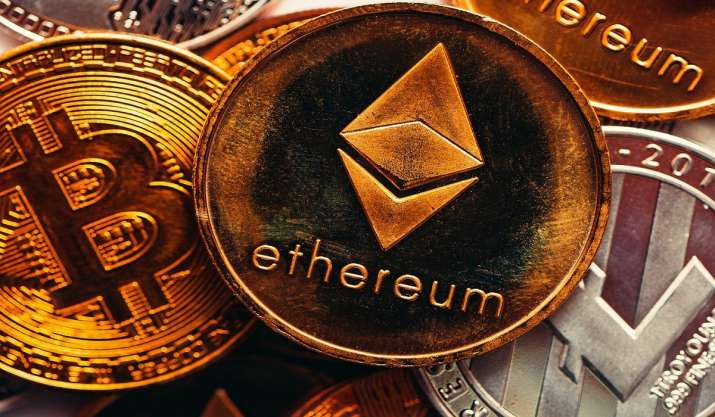
Saurabh Shah, a 26-year-old chartered accountant in Mumbai, is unconcerned about India’s proposed cryptocurrency prohibition. Similar suggestions have come and gone in the past.
Shah bought Bitcoin as a student in 2017, just as India’s central bank banned financial institutions from carrying out crypto-related transactions.
“I bought it because of the hype,” Shah told Al Jazeera, admitting that he had no idea how cryptocurrencies operated at the time.
“I was terrified when the Reserve Bank of India announced the ban in the media in April 2018, yet I couldn’t withdraw my money.” I’m glad I didn’t because the ban was later lifted by the Supreme Court. On my initial investment, I made fantastic returns.”
Even though the government published a bill prohibiting cryptocurrency last month, Shah does not believe an outright ban would ever be implemented.
“Even if it does,” Shah remarked, “I’ve only invested what I can afford to lose.”
The ruling Bharatiya Janata Party (BJP) law would ban all private cryptocurrencies and replace them with a central bank-issued and regulated digital currency, with “limited exclusions” enabling private cryptocurrencies to “advance the underlying technology of cryptocurrency and its purposes.” Finance Minister Nirmala Sitharaman said on Tuesday that the bill was being modified to take into account the industry’s rapid changes, but she didn’t go into detail about the revisions to the original proposal.
Vidur Chhabra, a full-time cryptocurrency investor in Goa, believes any restriction will be short-lived because the genie is out of the bottle.
“The government and central bankers are more than a decade behind.” Even if they do ban it, they’ll have to repeal it in the same manner that the South Korean government is considering it now,” Chhabra said, referring to recent signals that Seoul may relax its ban on raising money through virtual currencies.
“I’m optimistic.” Cryptocurrency investment is an obvious hedge in a world where currencies are constantly debased.”
His optimistic perspective appears to be shared by the market. After the bill was announced last week, Bitcoin and other currencies plummeted by as much as 20%, but prices quickly stabilised.
CA Aishwary Gupta, a strategist at Polygon Technology, a scaling solution for the Ethereum blockchain, told Al Jazeera, “People like us who understand the crypto industry have primarily bought in the recent drop.” “Those that sold suffered losses when the market recovered quickly.”
India is thought to be one of the world’s largest crypto markets, with the technology industry group Nasscom claiming that there are roughly 15 million crypto investors in the country.
The rush to crypto has resulted in a proliferation of start-ups and exchanges, driven by investors seeking returns at a time when interest rates are low.
Crypto adverts promising huge profits can be found in newspapers and on television. Amitabh Bacchan, Salman Khan, Ayushmann Khurrana, and Ranveer Singh, among others, have backed specific currencies. Some retail investors have been burned as a result of foreign venture capitalists spending large sums in various cryptos and driving up prices before selling at the peak.
Large losses and the use of cryptocurrencies for money laundering and “terrorism” have prompted calls for increased regulation of the nascent industry. Prime Minister Narendra Modi cautioned in November that cryptocurrency could find up in the “wrong hands.” Emerging technologies, he said, have the potential to be utilised as weapons of war and dominance.
Sushil Kedia, the founder of financial markets research firm Kedianomics, told Al Jazeera, “I doubt there will be a permanent ban, but a temporary one is predicted.” “Removing the plug for a period of time will restrict activity in the cryptocurrency market while the government fine-tunes the regulations.”
Meanwhile, cryptocurrency exchanges have been clamouring to show that they can self-regulate.
“Many of the crypto exchanges undertake KYC [know your customer due diligence] of each investor on their platforms,” said Avinash Shekhar, co-CEO of cryptocurrency exchange Zebpay. “As an industry, we’ve noticed reckless advertising as well. Over the previous two weeks, the amount of crypto advertising has decreased dramatically.”